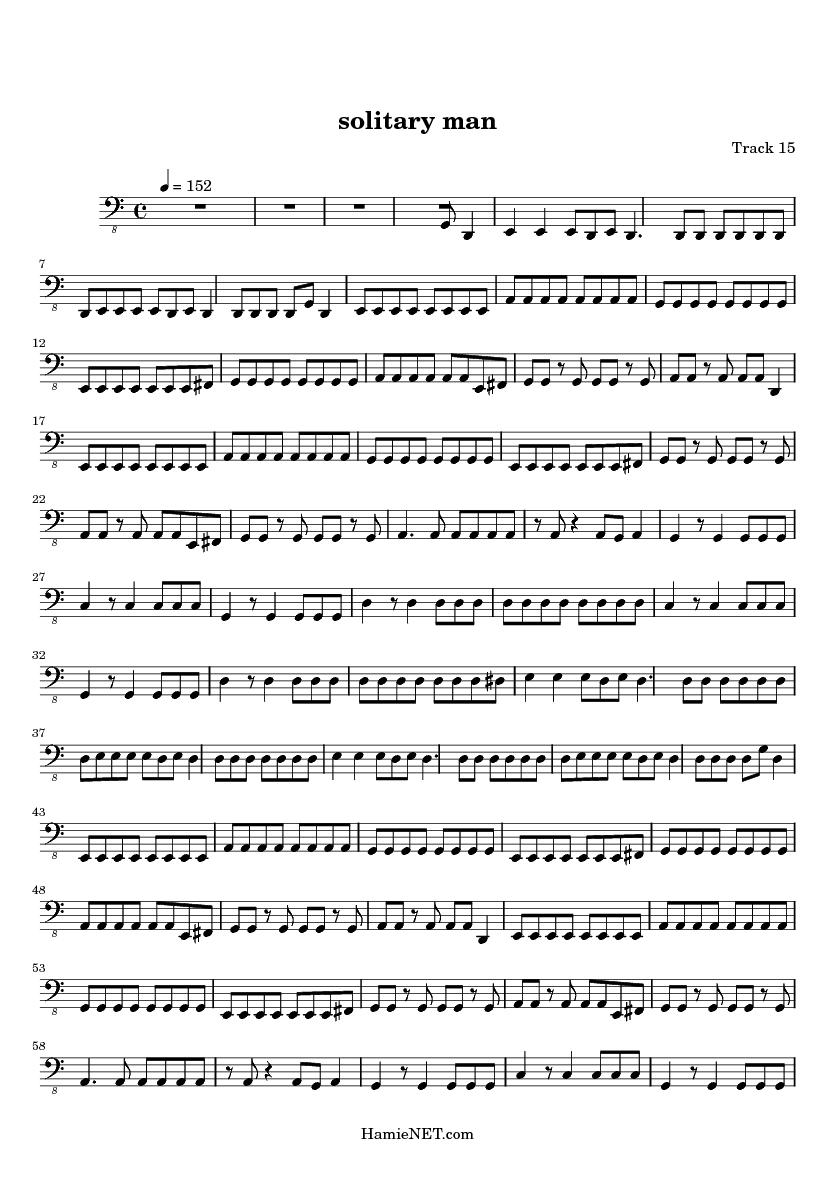Download Billy Budd Score Pdf

We provide excellent essay writing service 24/7. Enjoy proficient essay writing and custom writing services provided by professional academic writers.
Repertoire Note Billy Budd was written during 1950-51 and first performed in December 1951 as part of that year’s ‘Festival of Britain’ celebrations. In 1960, Britten revised the work, contracting the original four acts into two, in which form it is now generally performed (though the original version is now again available for performance). The work is based on Herman Melville’s posthumous novel Billy Budd, Foretopman which Britten and his librettists (E.M.Forster and Eric Crozier) transformed into an opera of great musico-dramatic power and psychological subtlety. Although Billy is the opera’s eponymous hero, the real focus of the work is the moral dilemma facing Captain Vere who, confronted with an agonising decision between saving Billy and his sense of duty as the ship’s Captain is at the centre of the drama (a theme further explored by Britten in Gloriana). Billy Budd employs the largest orchestra of any Britten opera, capable of unleashing an elemental power when the moment demands it, but in general, the orchestration favours the more sharply etched, transparent textures developed in the chamber operas.
Reproduced by kind permission of the. Recommended Recording Peter Pears/Michael Langdon/John Shirley-Quirk/Owen Brannigan/Robert Tear/Benjamin Luxon/London Symphony Orchestra/Ambrosian Opera Chorus/Wandsworth School Boys’ Choir Decca 417 4282 Simon Keenlyside/Philip Langridge/John Tomlinson/Alan Opie/Matthew Best/Alan Ewing/Francis Egerton/Quentin Hayes/Clive Bayley/Mark Padmore/Richard Coxon/Timothy Dufore/Christopher Keyte/Richard Whitehouse/Daniel Norman/Roderick Williams/London Symphony Orchestra and Chorus/Tiffin Boys School Choir/Richard Hickox Chandos CHAN9826.
For other uses, see. Billy Budd Author Country United States, England Language English Genre, Published 1924 (London: Constable & Co.) Billy Budd, Sailor is the final by American writer, first published posthumously in London in 1924 as edited by, a professor at Columbia University. Other versions were later published. Melville had begun writing the original work in November 1888, but left it unfinished at his death in 1891. Acclaimed by British critics as a masterpiece when published in London, it quickly took its place as a literary work in the United States. The novella was discovered in manuscript form in 1919 by Weaver, who was studying Melville's papers as his first biographer. Melville's widow had begun to edit the manuscript, but had not been able to decide her husband's intentions at several key points or even to see his intended title.
Poor transcription and misinterpretation of Melville's notes marred the first published versions of the text. After several years of study, and published what was considered the best transcription and critical reading text in 1962. In 2017, the Northwestern University Press published a 'new reading text' based on a 'corrected version' of the genetic text prepared. The novella was adapted as a stage play in 1951 and produced on, where it won the and for best play.
Adapted it as an by the same name, first performed in December 1951. The play was adapted into a in 1962, produced, directed, co-written, and starring with receiving an nomination in his film debut. Contents • • • • • • • • • • • Plot [ ] The plot follows Billy Budd, a seaman into service aboard HMS Bellipotent in the year 1797, when the British was reeling from two and was threatened by the 's military ambitions. He is impressed to this large warship from another, smaller, merchant ship, The Rights of Man (named after the by ). As his former ship moves off, Budd shouts, 'Good-bye to you too, old Rights-of-Man.' Billy, a from, has an innocence, good looks and a natural charisma that make him popular with the crew. His only physical defect is a which grows worse when under intense emotion.
He arouses the antagonism of the ship's, John Claggart. Claggart, while not unattractive, seems somehow 'defective or abnormal in the constitution', possessing a 'natural depravity.'